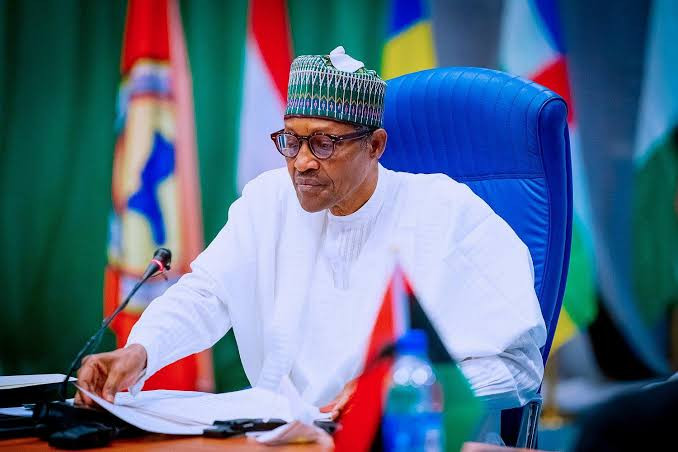President Muhammadu Buhari has said Nigeria needs $400bn to achieve net-zero, which amounts to over $400bn in 30 years
Speaking on Nigeria’s role as a Global Theme Champion for the Energy Transition, the theme of the High-Level Dialogue on Energy at the sidelines of the 76th United Nations General Assembly in New York, Buhari said Nigeria is working on an ambitious Energy Plan towards reducing the energy shortcomings by the year 2030.
Special Assistant to the President on Media and Publicity, Femi Adesina, disclosed this in a statement titled, ‘Nigeria to electrify five million households by 2030, says President Buhari at energy dialogue’.
According to the President, “Nigeria’s commitment to a just transition is reflected in our ambitious Energy Compact, which includes the Government’s flagship project to electrify Five-Million households and Twenty-Million people using decentralized solar energy solutions. This is a major first step towards closing our energy access deficit by 2030. Nigeria’s commitment is also reflected in the development of our Energy Transition Plan, which was developed with the support of the UK COP26 Energy Transition Council.” The focus of our discussions on transition must now evolve how we help countries develop detailed energy transition plans and commitments to mobilize enough financing to empower countries to implement those plans, The scale of financing required for Nigeria to achieve net-zero, amounts to over Four-Hundred Billion US Dollars across the Nigerian economy in excess of business-as-usual spending over the next thirty years. This breaks down to One-Hundred and Fifty-Five Billion US Dollars net spends on generation capacity, One-Hundred and Thirty-Five Billion US Dollars on transmission and distribution infrastructure, Seventy-Five Billion UD Dollars on buildings, Twenty-One Billion US Dollars on industry and Twelve-Billion US Dollars on transport.” he added
He, however, said that gas would continue to play a big role in Africa.
He said, “As a global leader on the energy transition, I must flag a major risk to development that stems from the current narrative around the energy transition, particularly on the role of gas and the lack of financing. Nigeria’s Energy Transition Plan has laid out our roadmap to reach net-zero and highlights the scale of the effort required, which includes the development and integration of renewables into current grid infrastructure at a tremendous scale and electrification of all sectors. This is challenging for any country, especially a developing country. On our development objectives, gas will have a key role to play here for some years before being phased out.”
He said the provision of access to electricity and clean cooking solutions for those in Nigeria and around the world currently without access, stressing that “an often-overlooked point is the essential role of gas in addressing clean cooking challenges”.
“Globally there are 2.6 billion people who lack access to clean cooking -which is unacceptable…Even more concerning is that solid fuel cooking in Africa causes almost 490,000 premature deaths annually, making it the second-largest health risk in Africa.”




